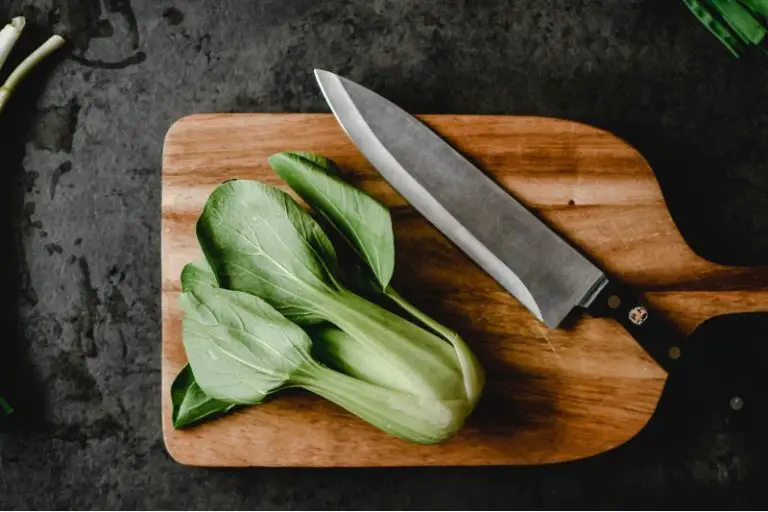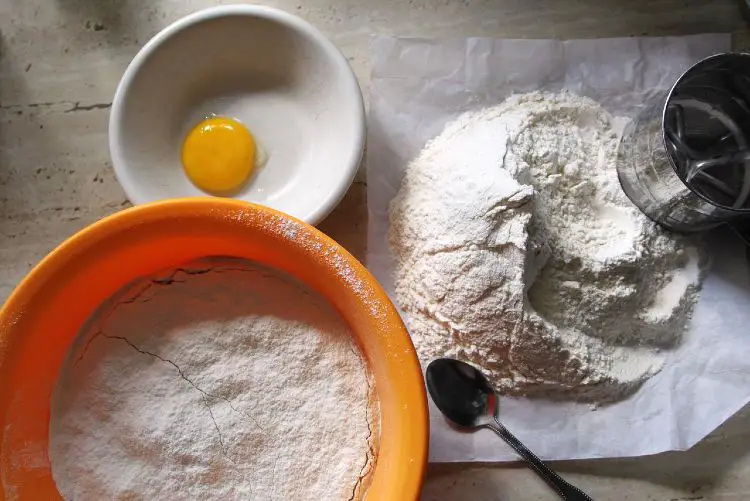A Taste of the Unexpected by Mark Diacono
For those not familiar with the world of River Cottage and its bountiful kitchen garden at Park Farm near Uplyme in Dorset, then meet Mark Diacono, its Head Gardener. He is also the owner of Otter Farm, Britain’s only climate change farm, where the staple diet of the day is peaches, gojiberries and Egyptian walking onions. His new book “A Taste of the Unexpected” (published by Quadrille this month) is telling in that there is not even one photo of the man himself within its colourful, exhuberant pages. In the frenzied publishing world, where new and unlikely celebrity chefs and gardeners are thrust into the media spotlight every fifteen minutes, the author has chosen to let his style of horticulture and philosphy of what he grows, tends, eats and how, take centre stage. With some help from Laura Hynd (photographer of much of Rose Prince’s acclaimed work), behold one of the most beautiful and enticing crossover cookery-gardening books of the year has arrived. Unexpected and unchartered, this is the new taste of climate change.
Expect the unexpected from this book, approach it with an open mind, and an understanding that the need for low carbon food production, increased water scarcity, higher levels of global warming and the urgency of sustainability and self-sufficiency are no longer news flashes, they now form part of the diurnal collective consciousness.
Mark’s philosophy is that growing common plants in your allotment or vegetable garden is not really life-enhancing, as potatoes, carrots, salads, onions and apples can really be bought at your local farmer’s market or green grocer shop and they taste just as delicious.
“Life is too short to grow unremarkable food. It’s simply not worth the time or effort and – happily- it’s no more tricky to grow the utterly delicious than it is the entirely ordinary.”
It all makes sense to the thinking cook, and I am very inspired. By making a wishlist, letting flavour be your guide, growing more unexpected plants that are at their peak when you eat them, not growing plants that are cheap to buy, and focussing on those plants that can quite literally transform a dish, Mark Diacono is taking garden plotting into new and exciting areas. He has also set up an online mail-order shop at Otter Farm, www.otterfarmshop.co.uk, where you can buy the seeds necessary to turn self-sufficiency dreams into reality.
With climate change, we can think diet change: apricots, mulberries, pecans, wineberries, chilean guavas, Szechuan pepper, cardoons and mizuna. Each chapter gives you fundamental advice on the conditions each plant thrives on, the varieties available, the growing methods and the process of harvesting. There are beautifully photographed recipes that will make you as jealous as the day is long, your eyes lingering covetously on that curvy plate of “Scallops with sweet cicely” and those puffy, billowing “Chocolate souffles with apricot sauce”. An Italian living in England, for so long I have wanted to make better use of my vegetable patch and this book has sent my imagination spinning: autumn olive jam, cream of Jerusalem onion soup, lamb and quince tagine, spectacular strawberry scones. My seed buying plans are revised and rethought.
Like Jane Grigson, Michael Pollan and Jekka McVicar before him, Mark is a natural writer, who writes confidently and authoritatively about a subject he is both passionate about and technically skilled at. His work is on show every day, and it is the everyday meal that is the focus of his energies. A list of “Sources and Suppliers” is the first port of call after finishing this book. Hugh Fearnley-Whittingstall was right: “…I believe that this is a book that will, if you let it, if you really use it, change how and what you grow, what you cook and how you eat, forever and for the better.”


